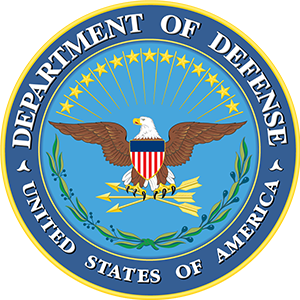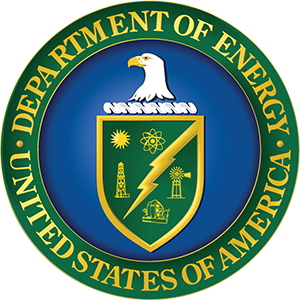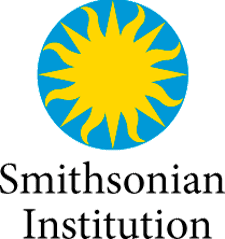This training focuses on air-cooled computer server selection guidelines for data centers. Data centers house computer servers, storage, and networking equipment, as well as critical support infrastructure such as cooling and electrical systems. These facilities are critical to the mission of many types of organizations, and data center operators are challenged to deliver reliable services, operate efficiently, and ensure resiliency and flexibility.
The selection of computer servers can have a profound impact on overall energy efficiency and decarbonization in data centers. Air-cooled computer servers generally use more energy than all other information technology (IT) equipment combined. This training covers the purchase of computer servers that meet strict performance criteria for data centers to operate more efficiently and meet specific federal requirements. Four key industry documents (ASHRAE Thermal Guidelines, Energy Star for Computer Servers, EPEAT, and Standard NSF/ANSI 426-2019) are reviewed to provide a clear understanding of each document's purpose and illustrate ways the individual documents complement one another.
Instructors
Magnus Herrlin, Principal Scientific Engineering Associate in the High Tech & Industrial Systems Group, LBNL Read Bio
Magnus Herrlin is the president of ANCIS Inc. and has been the program lead for the U.S. Department of Energy's (DOE) Data Center Energy Practitioner (DCEP) training program since 2009. The objective of this certificate program is to raise the standards of those involved in energy assessments of data centers. ANCIS develops advanced indoor environmental and energy solutions for facilities in general and for mission-critical facilities in particular. Over a 30-year career, Magnus has developed energy modeling tools and modeled building energy in commercial and residential structures. He has published or contributed to many papers, reports, and standards chiefly concerning thermal management, energy management, mechanical system design and operation, and IT equipment reliability for data centers and telecom central offices.
Jefferey Murrell, Program Manager for the Federal Energy-Intense Facilities (EIF), U.S. Department of Energy - Federal Energy Management Program (FEMP) Read Bio
Jefferey Murrell is program manager for the Federal Energy-Intense Facilities (EIF) program in U.S. DOE's Federal Energy Management Program (FEMP) and is a licensed professional engineer. He also serves as a Program Manager for the Federal Metering and Federal Energy Management and Information System (EMIS) programs. He currently supports the Federal Healthy Building Toolkit (HBT) and Federal Energy Efficient Product Procurement (EEPP) programs. Jeff graduated from Vanderbilt University with a B.S. in general engineering and graduated from Columbia Southern University with a master's in public administration. He is currently matriculating at California Southern University in the Doctorate in Business Administration (DBA) program, with a focus on energy resiliency and EMIS development/planning.
Ian Hoffman, Senior Scientific Engineering Associate, Lawrence Berkely National Laboratory (LBNL) Read Bio
Ian Hoffman is a with the Lawrence Berkley National Laboratory Center of Expertise for Energy Efficiency in Data Centers and other teams in the Building and Industrial Applications department. His work focuses on efficiency and resilience in data centers, individual and societal behavior on energy and efficiency, and utility customer-funded energy efficiency programs.
Learning Objectives
Upon completion of this training, attendees will be able to:
- Recognize that the selection of servers can have a significant effect on overall energy efficiency and decarbonization in data centers;
- Identify four key industry documents that help data centers to operate more energy efficient by purchasing servers that meet certain performance criteria;
- Identify what each one of the key industry documents covers; and
- Recognize how the documents complement one another.










